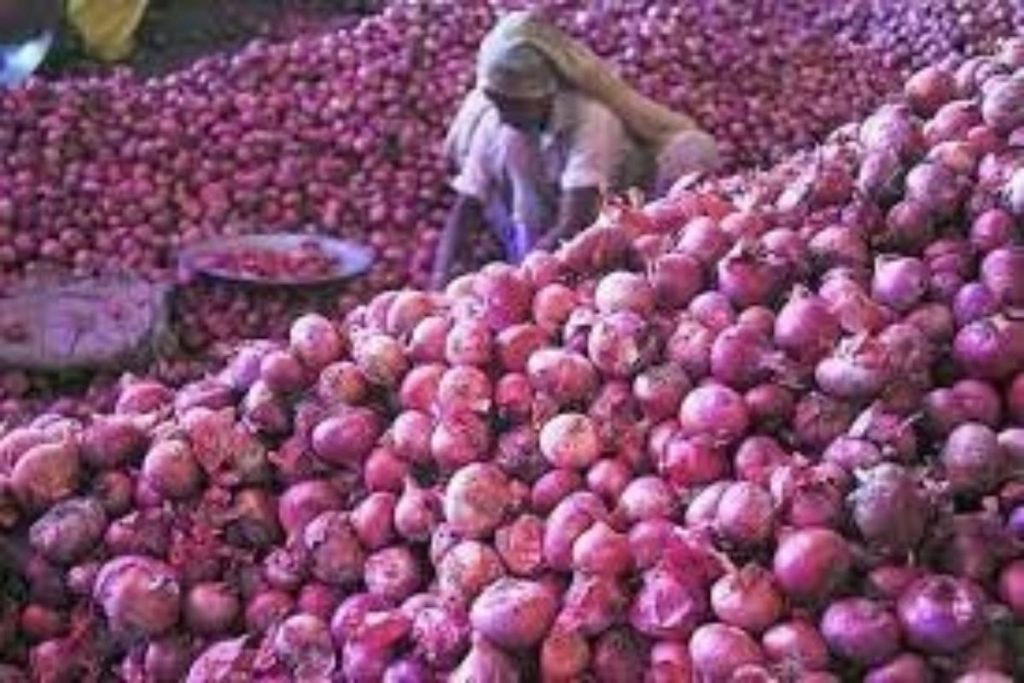India has allowed a limited quantity of onion exports to the United Arab Emirates (UAE) and Sri Lanka, at a time when the staple vegetable’s outward shipments have been kept under restrictions.
The Ministry of Commerce and Industry, through the Directorate General of Foreign Trade (DGFT), issued a notification late Monday evening, permitting the export of an additional 10,000 metric tons (MT) of onions to the UAE (above 24,000 tonne already allowed) and 10,000 tonne to Sri Lanka, facilitated through the National Cooperative Exports Limited (NCEL).
In March, the centre allowed the export of 50,000 tonne onions to Bangladesh.
The government has extended the ban on the export of onions until further orders.
Initially, India had in early December 2023 prohibited the export of onions till March 2024. The DGFT notification said the export of onions will be, however, allowed based on permission granted by the central government to other countries based on the request made by the countries.
In August, the government imposed a 40 per cent duty on the export of onions to check price rise and improve supplies in the domestic market until December 31, 2023.
The central government subsequently set a Minimum Export Price (MEP) of USD 800 per tonne on a free-on-board basis for the export of onions with effect from October 29.
The central government had, though, exempted the export of ‘Bangalore rose onion’ from the export duty, with a small rider — goods meant for export shall be allowed to be exported subject to the exporter furnishing a certificate from the Horticulture Commissioner, Government of Karnataka, certifying the item and quantity of Bangalore Rose Onion to be exported.
Bangalore rose onion is a variety of onion grown in and around Bengaluru, Karnataka. It got the coveted Geographical Indication tag in 2015.
Faced with rising onion prices, the central government has been releasing the staple vegetable from its buffer stock. The central government had earlier decided it would maintain 3 lakh tonne of onions in the 2023-24 season as buffer stock. In 2022-23, the government maintained 2.51 lakh tonne onion as buffer stock.
Buffer stock is maintained to meet any exigencies and for price stabilisation if rates go up significantly during the lean supply season.
Rabi onion harvested during April-June accounts for 65 per cent of India’s onion production and meets the consumer’s demand till the Kharif crop is harvested in October-November.
